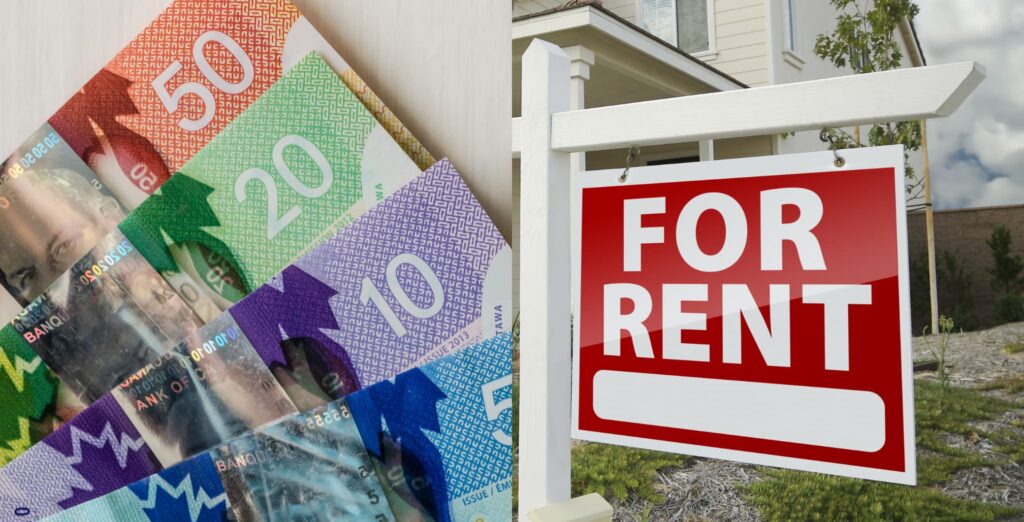In order to afford a two-bedroom apartment in Toronto you’ll need to make more than twice the minimum wage, according to a new report.
A study from the Canadian Centre for Policy Alternatives (CCPA) confirmed what we already knew: the gap between the minimum wage and the cost of rent is massive.
The study, dubbed “Can’t afford the rent,” looks at the minimum wage in comparison to the average cost of renting in Canada. It calculates the hourly wage needed to afford rent while working a 40-hour work week, and spending 30 per cent of your income or less on rent. The report calls this the rental wage.
The study says that the 30 per cent rent-to-income threshold is one of three criteria used by the Canada Mortgage and Housing Corporation to determine core housing needs. If rent takes up more than 30 per cent of your income, it’s considered unaffordable housing.
It’s no surprise that the study found the rental wage is higher than the minimum wage in every province across Canada.
While British Columbia., Ontario, and Alberta have the highest minimum wages in the country, there is a considerable divide between rental costs and the amount of money earned by minimum-wage workers.
British Columbia has a minimum wage of $15.65. However, the rental wage for a one-bedroom apartment is $27.54, or $33.10 for a two-bedroom.
In Ontario, the minimum wage is $15.50, while the rental wage for a one-bedroom unit is $25.96, and $29.90 for a two-bedroom.
The minimum wage in Alberta is $15.00. Meanwhile, the rental wage for those seeking a one-bedroom unit is $21.42, and $25.37 to comfortably rent a two-bedroom.
“In practice, this means that the higher minimum wages in these provinces don’t directly translate into better living conditions because landlords capture a larger share of those wages through high rents,” the study reads.
“The wage increases that people fought so hard for should improve the material conditions of working families, not go back into the pockets of the property-owning class.”
In fact, when considering all large Canadian cities, the rental wage for a one-bed is lower than the minimum wage in only three cities, all located in Quebec! They include Sherbrooke, Trois-Rivières, and Saguenay.
On the other end of the spectrum, six cities in the country have a rental wage for a two-bedroom apartment that is more than double the minimum wage.
In Vancouver, B.C., the study found renters would need to earn $32.36 to comfortably rent a one-bedroom unit, increasing to $42.60 for a two-bedroom. In Kelowna, B.C., renters need to make $24.86 for a one-bedroom, or $35.83 for a two-bedroom. While in Victoria, B.C., they’d need to make $25.79 for a one-bedroom, or $34.85 for a two-bedroom. That’s compared to what minimum-wage workers in the British Columbian cities actually earn: $15.65 hourly.
To comfortably afford a Toronto one-bedroom apartment, those working for minimum wage would need an hourly wage of $33.62, or $40.03 for a two-bedroom. In Ottawa, you would need to earn $26.68 for one-bedroom, or $32.37 for two. Meanwhile, people working for minimum wage in those Ontario cities currently make just $15.79.
The sixth city on the list, Halifax, Nova Scotia, has a rental wage of $22.25 for a one-bedroom apartment, or $27.87 for two bedrooms. Meanwhile, Nova Scotia’s minimum wage is $13.60.








